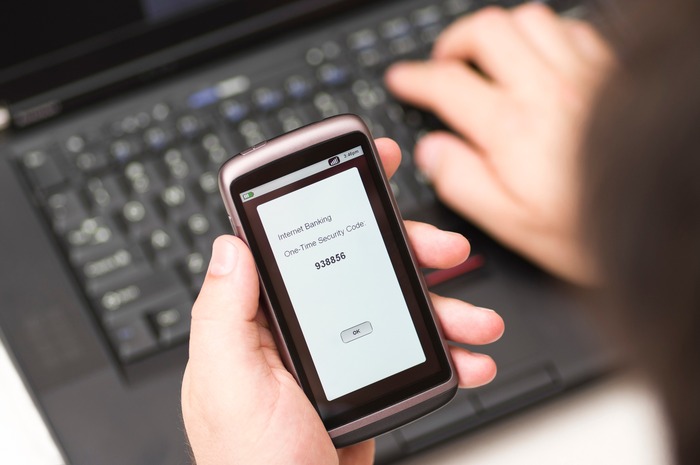Short message service (SMS) or text messaging is an incredible thing you do daily with your family, friends, and colleagues. We send different types of messages in terms of context and meaning. Therefore, it is integral to ensure the messages fall into the right hands and are secure.
One of the incredible ways to ensure your messages are secure is SMS authentication. It’s a process that allows users to verify their identities with a code sent to them through a text message. This article will explore what this type of verification entails and its crucial perks. Read on to learn more.
An Overview of SMS Authentication- Be in the Know
Also known as SMS-based two-factor authentication (2FA) or SMS one-time password (OTP), short message services authentication acts as a second verifier for users. After verification, it helps them access a system, network, or application for improved security. This simple type of authentication doesn’t require any skillsets to understand how it works.
SMS authentication adds an extra security layer and ensures no one can access your SMS without authorization. The idea is that you’re the only person who knows or owns the number. Therefore, anyone who wants unauthorized access to your messages must somehow steal or access your phone or password.
So, how does text message authentication work? Well, after signing, you’ll receive a text message with the authentication code. Then, you need to enter the code where you intend to use it and gain access.
You’ve probably been asked to enter an authentication SMS or code when logging into your Facebook, Google, and Twitter accounts. Many people wonder whether SMS authenticating is secure and safe for everyday use. You may have other authentication methods in mind, but this is a more secure way to authenticate your text messages than using passwords alone. It helps reduce your reliance on passwords and makes it hard for unauthorized individuals to access your accounts.
Why SMS Authentication Is Integral
Here are the key perks of SMS authenticating your accounts:
- Convenience
It’s a convenient way of authenticating your SMS. You don’t need additional software or hardware; you can just implement it on any device. You need to enter the one-time code sent via SMS to gain access to your account.
- Flexible and Widely Available
SMS-based authentication is a flexible solution widely used on almost any device that allows you to create an account or use your mobile number. It’s a great alternative to gaining access to demanding methods like biometric authentication or 2FA methods.
- Cost-Effective
SMS-based authentication is relatively cost-effective compared to other methods. It’s inexpensive to implement and maintain because you don’t need any hardware or software. The process allows users to enhance the security of their accounts without incurring any costs.
- High Implementation Rate
Due to its ease of use and simplicity, many people familiar with SMS messaging are adopting this type of authentication. You’ll receive a code via an SMS you need to enter into an account to gain access. The process is easier to understand and quick to use.
- Regulatory Compliance
SMS-based authentication makes it easier and more convenient for businesses to comply with regulatory requirements. A key requirement business need to abide by is Payment Card Industry Data Security Standard (PCI DSS). Businesses and individuals also must be well-acquainted with the General Data Protection Regulation (GDPR). These regulations require businesses to implement appropriate security measures to safeguard sensitive data.
Summing Up
There are many ways of securing and protecting your sensitive data. You can decide to use passwords or biometric authentication. However, SMS authentication is an easier, quicker, more secure, and more convenient way to safeguard your messages. The method provides a much-needed layer of security, and you can use it in different situations to gain access to sensitive information. Whether you want to log into an account, deploying and using SMS-based authentication is more straightforward. Most importantly, if you don’t want to rely on passwords, you must learn how SMS-based authentication works and its many benefits.


